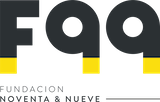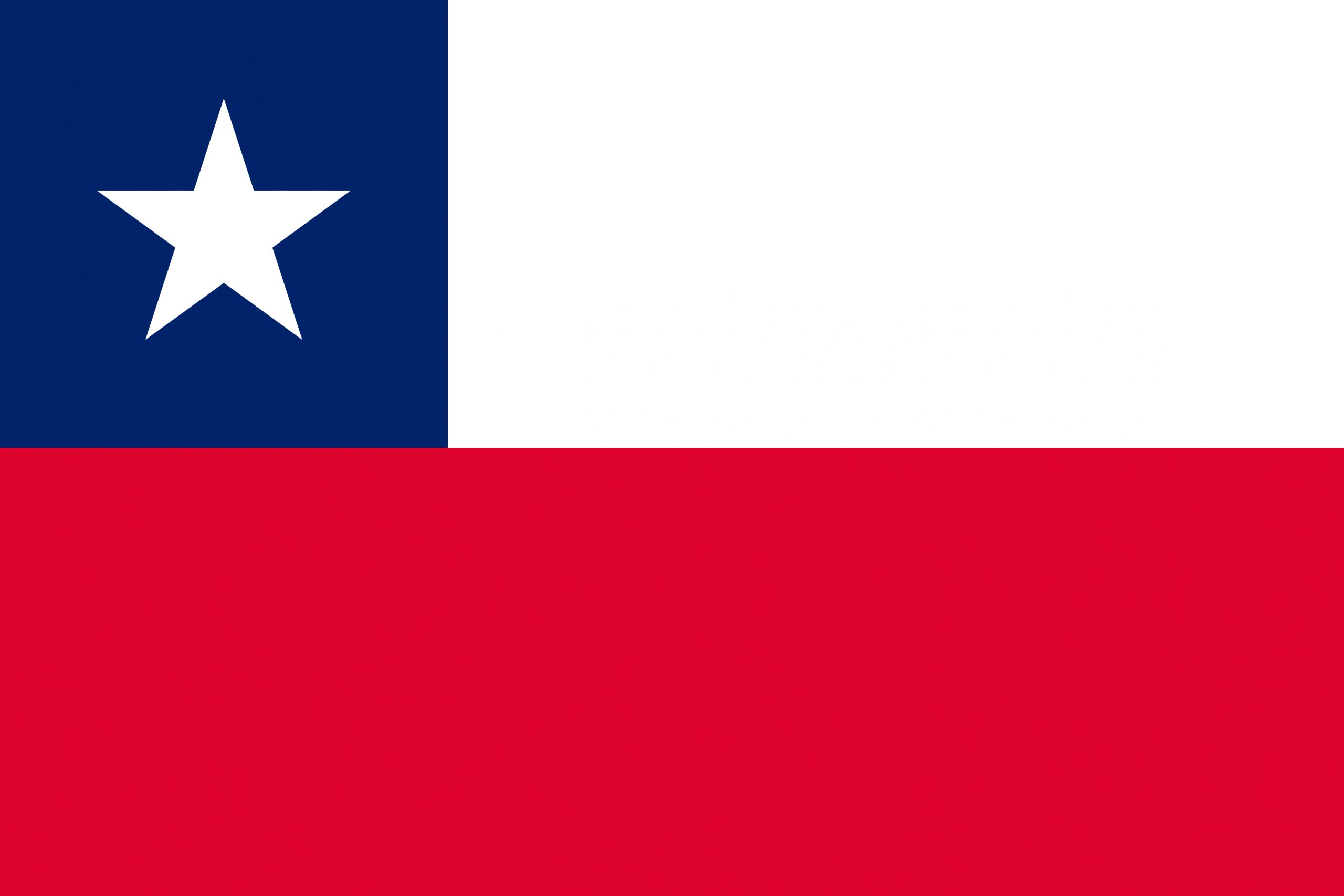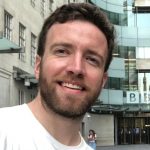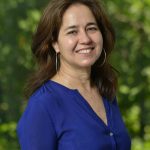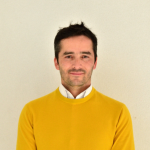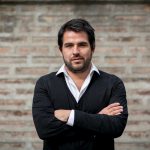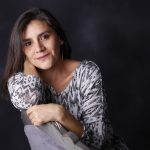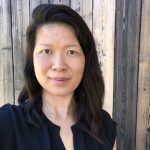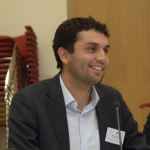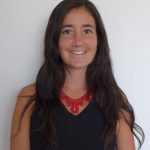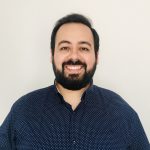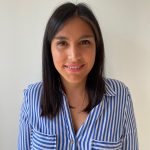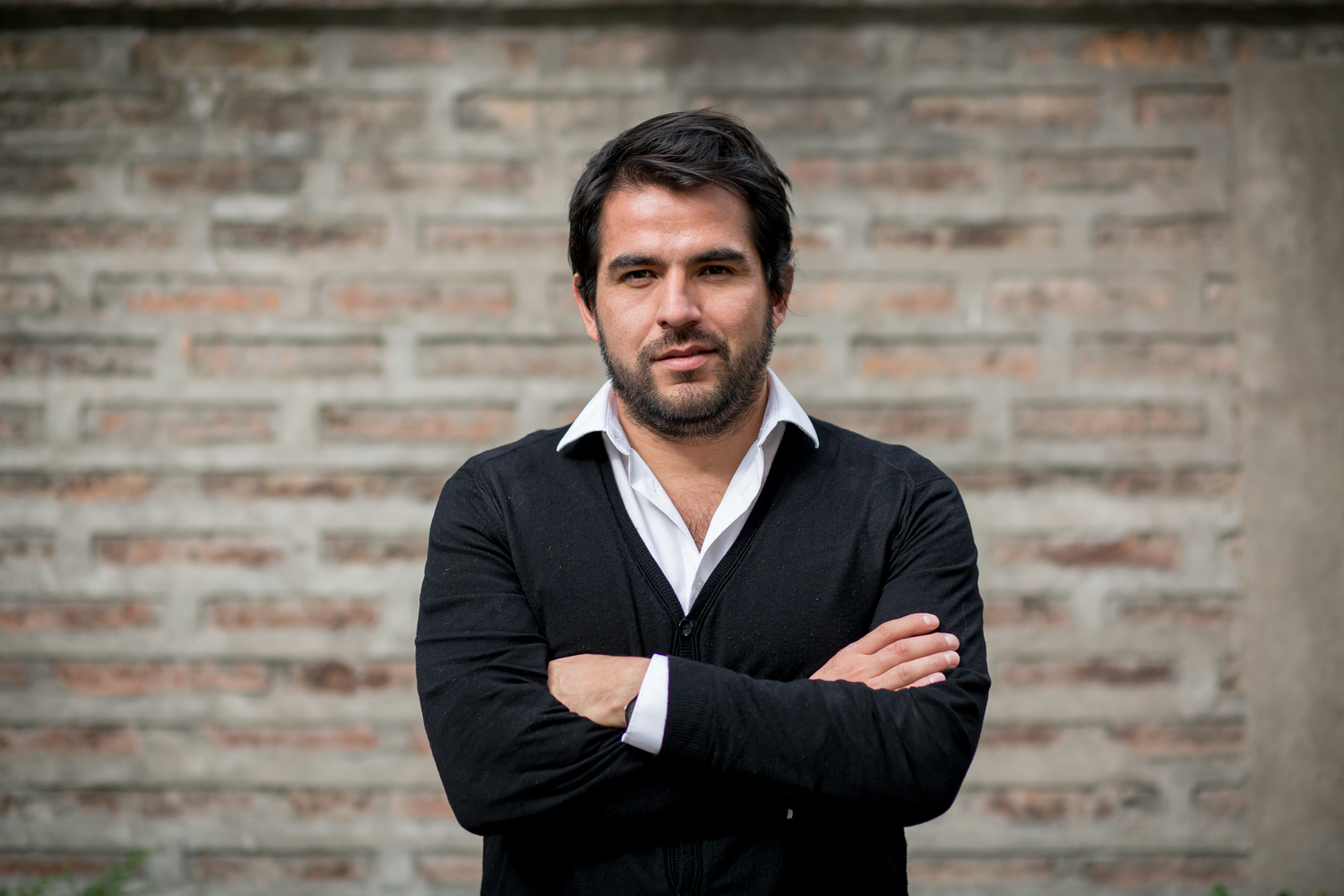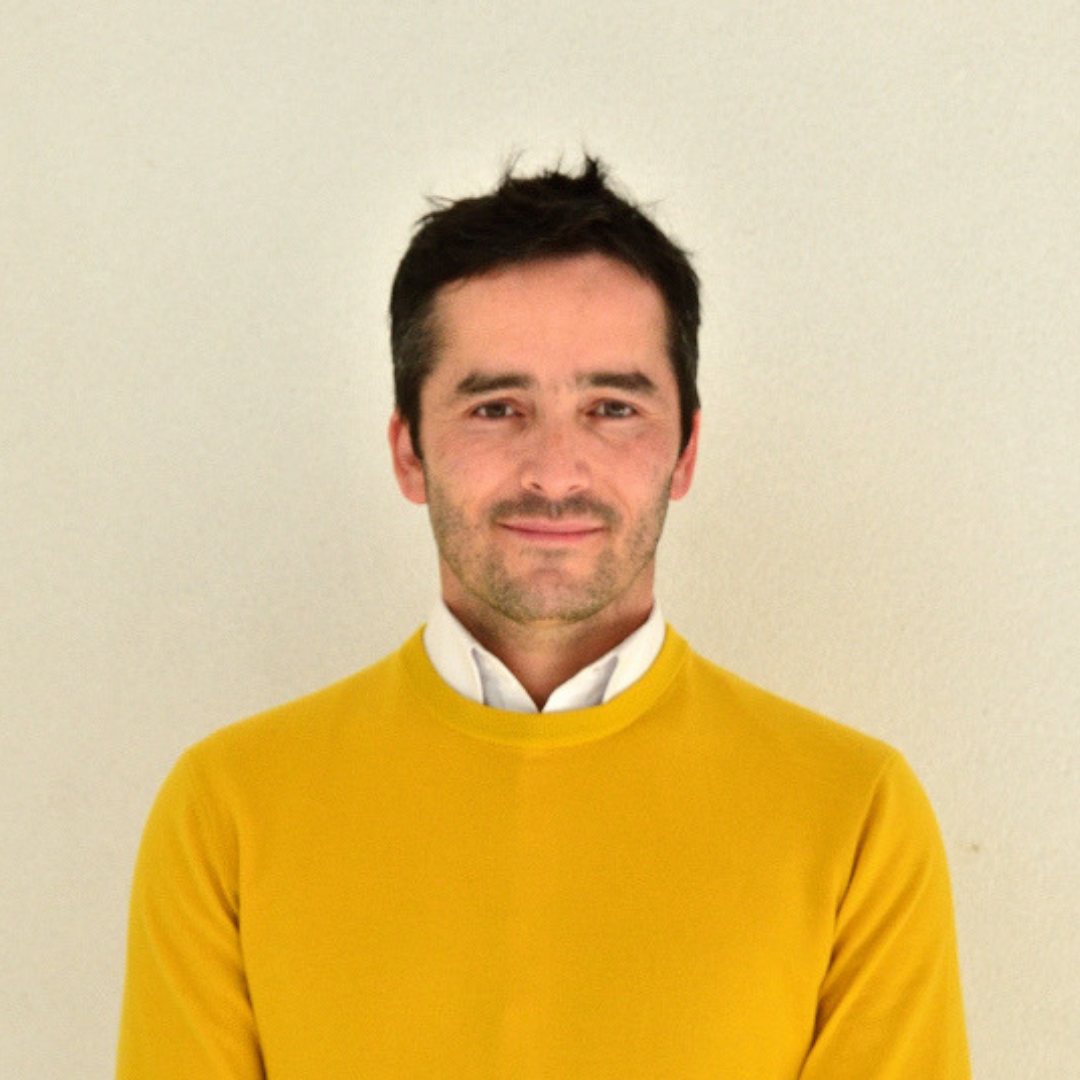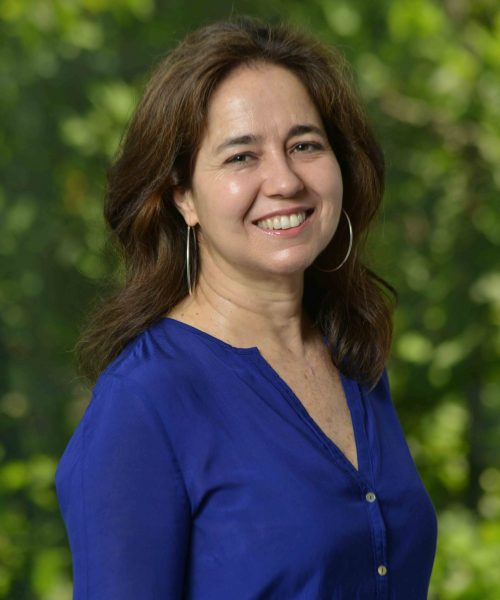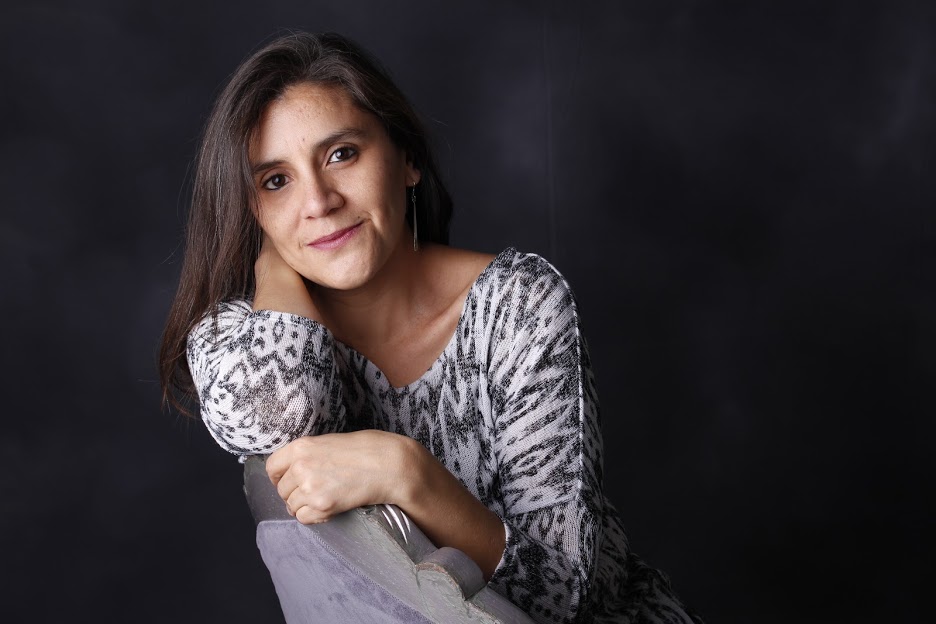Who are we?
Manifesto
We live in a highly segregated society where our family name, gender, race or birthplace defines a good part of our fate. Inequality gaps are not only significant, but have become extremely polarized, thus increasing the concentration of wealth and social tension. In a world reaching historic levels of development, there is still 800 million people who live with less than 2 dollars a day, 175 million children who do not have access to early education (UNICEF, 2019), and at the pace we are going, we lack 99 years to level the field between women and men in political, social and economic matters (WEF, 2020). This is not about some people winning while many others suffer. We all lose with inequality.
A highly inequal structure prevents social cohesion, increases tension among individuals, makes societies burst and makes sustainable development impossible to build. We believe the best way to achieve sustainable social development is by reducing inequality and we do this by intervening from three specific areas: education, public spaces and infrastructure and local economic development in developing countries. We coordinate these three areas horizontally with gender equity, inclusion and community engagement. In order to do it we focus on the most vulnerable population, particularly in rural areas, where 46% of the world population live today (WB, 2020).
For us, it is not about the good and the bad, nor that some are the problem and the rest just need a solution. We think both the problem and the solution are part of an indivisible phenomenon to which we all belong and must work collaboratively as a society, so that the 1% concentrating approximately 26% of the world’s wealth understand their responsibility with the remaining 99%. That is how Fundación 99 was born; because we can all build a better society if we have the chance to develop with the qualities and tools we have, however, despite we all have the skills, we do not have the same opportunities.
Our
history
In 2009 we began with the implementation of a Project called Puentes Educativos, where we provided direct support to vulnerable public-school teachers in Chile. The goal was to strengthen teaching practices using mobile technology. At the time, the teacher would request audiovisual resources sending a text message and then displayed the material on a TV. This way, children in remote areas complemented their learning. The pilot started in 10 schools, we visited municipality after municipality and covered hundreds of miles to subscribe them.
In 2013 we engaged more partners and entered the first agreement with the Chilean Ministry of Education. The pilot became a project of 100 public schools.
In 2015 we decided to specialize in rural education. We read, we did the research, we trained and partnered with experts in rurality and redesigned the project to make it meaningful for rural teachers in Latin America.
In 2017, thanks to Fondo Chile, we exported Puentes Educativos and since then we work in Guatemala and Nicaragua, in a partnership with the NGO Fe y Alegría Centroamérica. In 10 years, Puentes Educativos has had an impact upon three Latin-American countries, 800 schools, over 3,000 teachers and close to 23,000 students.
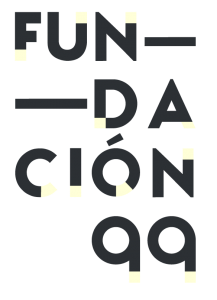
In 2016 we decided to become autonomous and legally founded Fundación 99. Currently, and thanks to our partnership with Natura and Instituto Natura, we have expanded the educational mission and brought the Comunidad de Aprendizaje program to life, with the aim of contributing to socially and educationally transform communities under the principles of dialogic learning.
Our projects go beyond education. We work to reduce inequality in education, public spaces & infrastructure and local economic development, strongly focused on rurality, our passion.
Who are we?
Manifesto
We live in a highly segregated society where our family name, gender, race or birthplace defines a good part of our fate. Inequality gaps are not only significant, but have become extremely polarized, thus increasing the concentration of wealth and social tension. In a world reaching historic levels of development, there is still 800 million people who live with less than 2 dollars a day, 175 million children who do not have access to early education (UNICEF, 2019), and at the pace we are going, we lack 99 years to level the field between women and men in political, social and economic matters (WEF, 2020). This is not about some people winning while many others suffer. We all lose with inequality.
A highly inequal structure prevents social cohesion, increases tension among individuals, makes societies burst and makes sustainable development impossible to build. We believe the best way to achieve sustainable social development is by reducing inequality and we do this by intervening from three specific areas: education, public spaces and infrastructure and local economic development in developing countries. We coordinate these three areas horizontally with gender equity, inclusion and community engagement. In order to do it we focus on the most vulnerable population, particularly in rural areas, where 46% of the world population live today (WB, 2020).
For us, it is not about the good and the bad, nor that some are the problem and the rest just need a solution. We think both the problem and the solution are part of an indivisible phenomenon to which we all belong and must work collaboratively as a society, so that the 1% concentrating approximately 26% of the world’s wealth understand their responsibility with the remaining 99%. That is how Fundación 99 was born; because we can all build a better society if we have the chance to develop with the qualities and tools we have, however, despite we all have the skills, we do not have the same opportunities.
Our
history
In 2009 we began with the implementation of a Project called Puentes Educativos, where we provided direct support to vulnerable public-school teachers in Chile. The goal was to strengthen teaching practices using mobile technology. At the time, the teacher would request audiovisual resources sending a text message and then displayed the material on a TV. This way, children in remote areas complemented their learning. The pilot started in 10 schools, we visited municipality after municipality and covered hundreds of miles to subscribe them.
In 2013 we engaged more partners and entered the first agreement with the Chilean Ministry of Education. The pilot became a project of 100 public schools.
In 2015 we decided to specialize in rural education. We read, we did the research, we trained and partnered with experts in rurality and redesigned the project to make it meaningful for rural teachers in Latin America.
In 2017, thanks to Fondo Chile, we exported Puentes Educativos and since then we work in Guatemala and Nicaragua, in a partnership with the NGO Fe y Alegría Centroamérica. In 10 years, Puentes Educativos has had an impact upon three Latin-American countries, 800 schools, over 3,000 teachers and close to 23,000 students.
In 2016 we decided to become autonomous and legally founded Fundación 99. Currently, and thanks to our partnership with Natura and Instituto Natura, we have expanded the educational mission and brought the Comunidad de Aprendizaje program to life, with the aim of contributing to socially and educationally transform communities under the principles of dialogic learning.
Our projects go beyond education. We work to reduce inequality in education, public spaces & infrastructure and local economic development, strongly focused on rurality, our passion.
2009
Puentes Educativos is born: Professional Teacher Development and Educational Innovation Project, funded through Private Social Investment.
2012
Partnership with Ministry of Education to provide scalability to Puentes Educativos in 300 Chilean schools.
2013
UNESCO mentions us in its paper “Turning on mobile learning: Illustrative Initiatives and Policy Implications”.
2014
The Interamerican Development Bank names us as one of the 10 inspiring initiatives in education in their paper “Scaling up the New Education: Massive and Inspiring Innovations in Latin America”.
2014
Autonomy and legal creation of Fundación 99.
2015
Focus on rural education and renewal of partnership with Ministry of Education to scale up Puentes Educativos to 300 new schools.
2017
Partnership with UNDP, Chilean Agency for International Cooperation and Development (AGCID) and Fe y Alegría to implement Puentes Educativos in rural schools of Central America.
2018
Partnership with Natura and Natura Institute to implement the Comunidades de Aprendizaje Project in 30 Chilean schools.
2020
Expansion of the foundation’s strategic areas of interest: Education, Public Spaces & Infrastructure and Local Economic Development in rural areas.
2009
Puentes Educativos is born: Professional Teacher Development and Educational Innovation Project, funded through Private Social Investment.
2012
Partnership with Ministry of Education to provide scalability to Puentes Educativos in 300 Chilean schools.
2013
UNESCO mentions us in its paper “Turning on mobile learning: Illustrative Initiatives and Policy Implications”.
2014
The Interamerican Development Bank names us as one of the 10 inspiring initiatives in education in their paper “Scaling up the New Education: Massive and Inspiring Innovations in Latin America”.
2014
Autonomy and legal creation of Fundación 99.
2015
Focus on rural education and renewal of partnership with Ministry of Education to scale up Puentes Educativos to 300 new schools.
2017
Partnership with UNDP, Chilean Agency for International Cooperation and Development (AGCID) and Fe y Alegría to implement Puentes Educativos in rural schools of Central America.
2018
Partnership with Natura and Natura Institute to implement the Comunidades de Aprendizaje Project in 30 Chilean schools.
2020
Expansion of the foundation’s strategic areas of interest: Education, Public Spaces & Infrastructure and Local Economic Development in rural areas.
Us
Board
Team
Us
Board
Transparency
Financial Management
We believe the best way to achieve a sustainable social development is by reducing inequality, strengthening social cohesion and assuming responsabilities cooperatively.
We believe the best way to achieve a sustainable social development is by reducing inequality, strengthening social cohesion and assuming responsabilities cooperatively.
Manifesto
History
Team and Board of Directors
Transparency
Donation
Alliances
Volunteering
Working Opportunities
2020 Fundación 99.
All rights reserved
2020 Fundación 99. All rights reserved
